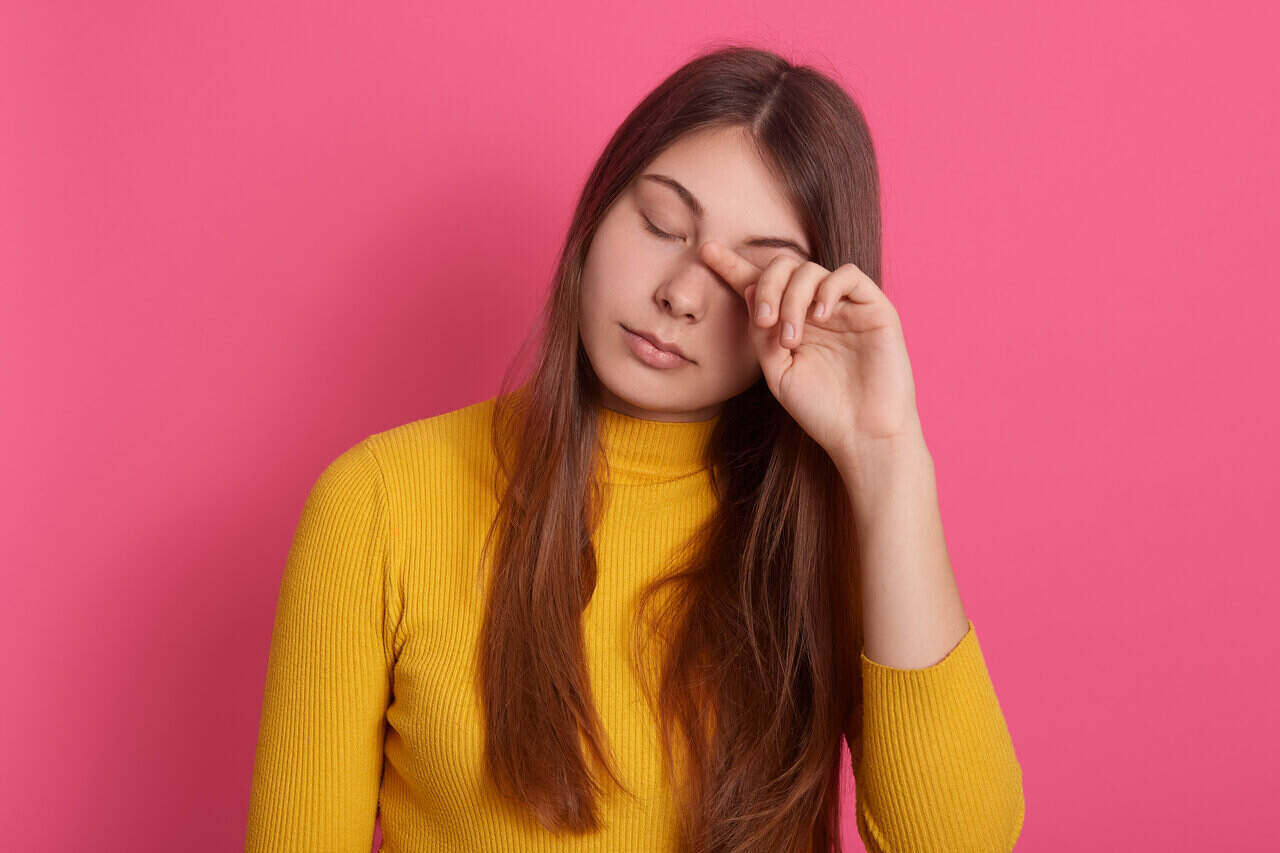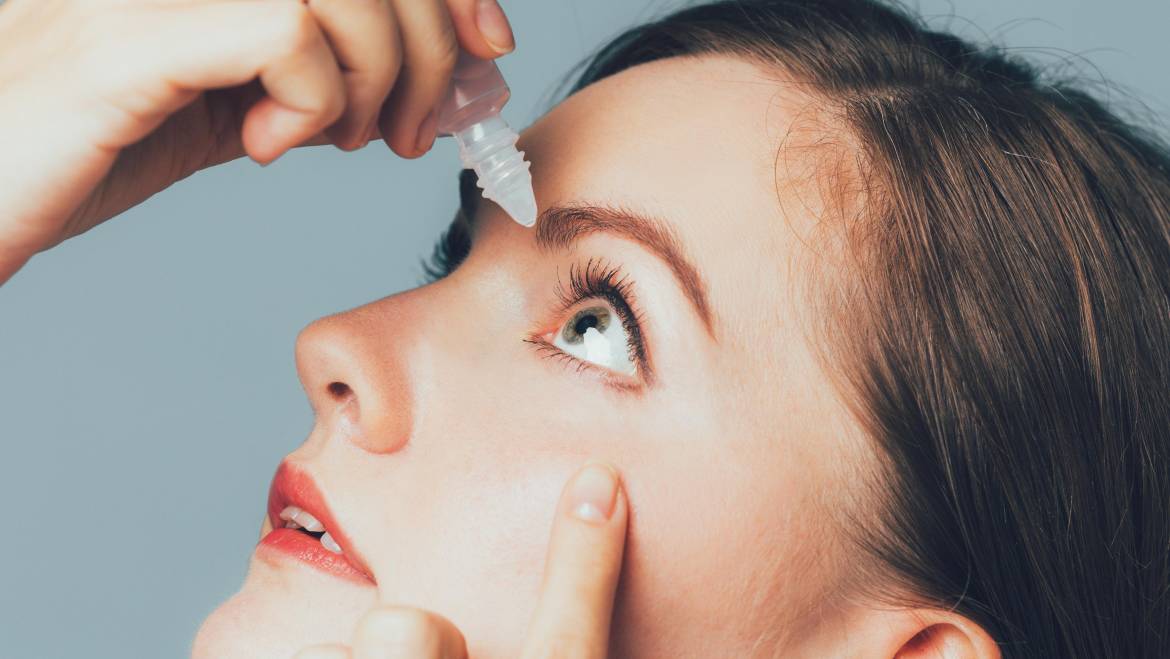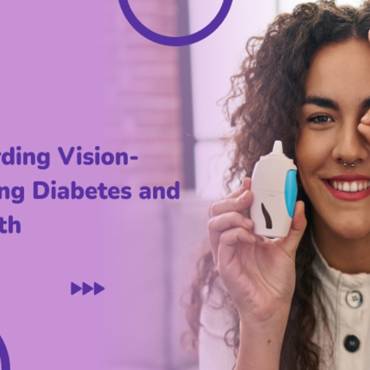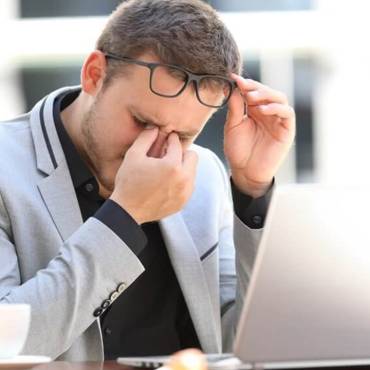Eye drops are solutions with medicinal properties in them to treat various conditions of the eye. How long do eye drops work? Well, Eye drops are used to keep eyes moist to prevent dry eye issues and eye conditions.
If you experience your eyes itching or feeling a burning sensation all the time, then you are not alone. A lot of people suffer from eye discomfort occasionally. However, the common complaint can resolve with the help of safe and appropriate use of eye drops. Lubricating eye drops are often the answer to your wide range of eye problems that occur due to a lack of moisture in your eyes. Lubricants relieve dryness and irritation and provide comfort. Artificial tears also promote surface healing in an injured eye, resolve discomfort by reducing the itch feeling, and flush any residual contamination or harmful particles. They help to prevent further damage caused by dry eye problems and keep the eye lubricated.
How Does Eye Drop Work?
Eye drops can treat a wide range of eye diseases and infections. You may use prescription eye drops recommended by your doctor to treat an infection, a minor injury, or an ocular disease such as glaucoma. Sometimes eye drops contain no pharmaceutical ingredient and are meant to cause lubrication in the eye or rinse out the foreign substances. How long do eye drops take to work? Well! Depending on your eye problem, you may need to use them for a short or longer period. Sometimes over the counter ophthalmic solutions are used to relieve red or dry eyes. How do eye drop works? Your need appropriate hydration to protect yourself from dust and foreign bodies to provide clear vision. When eyes lack moisture, you may experience discomfort, redness, and sensitivity. Eye drops are utilized to keep eyes moist and reduce discomfort. Eye drops or ocular lubricants provide symptomatic relief and prevent vision issues. When you put an eye drop into your eyes, it immediately interacts with tears inside your eye. Closing your eyelids spreads the ocular suspension; this moistens and lubricates the eye’s surface, which ultimately helps to stimulate natural tear production with every blink. This is how eye drops or ocular lubricants can provide instant comfort to your eyes. For any reason, if you are using an eye drop, it is important to use them correctly. The proper technique helps the medicine absorb into your eyes to follow its mechanism of action. Always check with your health care professional if you are having difficulty in using an eye drop. Follow your professional’s instructions carefully. Rinse your hands before putting eye drops into your eyes. Also, stay careful and not let the tip of the dropper touch any part of your eyes.

Chronic Eye Drop Use May Worsen Your Eye Condition
Now that you know how eye drops work, you should understand that they provide temporary relief rather than permanent symptomatic relief. The eye drop is an effective remedy for providing temporary discomfort and should be used with caution. Dry eye is one of the major reasons for most patients having eye discomfort. The causes of dry eyes include reduced tear production and increased tear evaporation. Some eye problems get worsen if left untreated. If you suspect a serious eye problem or a chronic condition, you may need a professional diagnosis and treatment rather than over-the-counter treatment. Why suffer when lasting solutions and long-term relief are possible? Consult an ophthalmologist, who is an expert in treating eye conditions. There is a wide range of ophthalmic solutions available that promise relief. Make sure you are only applying eye drops occasionally because long-term usage may be associated with a more serious eye problem. Many patients are unaware that overuse of eye drops can cause more harm than providing relief. If symptoms do not improve within 24 to 48 hours, or if they get worse, seek immediate medical advice rather self-treating. Using ocular lubricants several times a day without relief may signify other serious eye conditions, including dry eye. Avoid suffering unnecessarily. If you think you are using eye drops regularly, you may need not consult an ophthalmologist who can recommend you a better and more effective remedy for your eye condition. If an over-the-counter ocular suspension isn’t providing enough relief, you may have dry eye syndrome.
The Bottom Line
Eye drops are liquid suspensions you administer into your eye. They are often utilized for the treatment of eye discomfort, infection, or disease. Eye drops are used to keep eyes moist and increase natural tear production. There are different kinds of eye drops, from over-the-counter solutions to prescription ophthalmic formulations. It is important to follow instructions to put eye drops safely and correctly. Like any other medicine, ophthalmic solutions could cause a range of side effects. Be sure to inform your ophthalmologist about any unwanted effects related to the use of eye drops.



